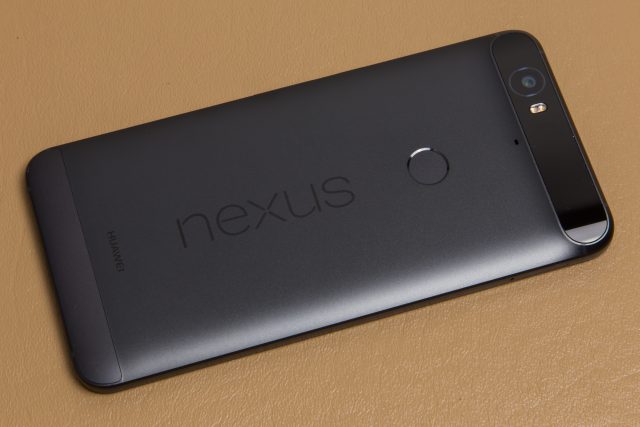
A report from The Information (subscription required) states that Google wants to take "greater control" over the design and building of Nexus phones. Currently, a Nexus device is a co-branded partnership between Google's Android team and an OEM, but this report says Google wants to move to a more "Apple-like" approach.
The report says that in the future, "hardware makers will be much more like order-takers, similar to the way contract manufacturers like Hon Hai (Foxconn) follow Apple’s directions for producing the iPhone." Apple designs its phones, SoC, and other parts and then ships the plans off to third-party factories to have them built.
Currently it's easy to draw comparisons to Pixel devices, which are also designed and branded by Google and built by third parties. Would this device be called a "Pixel Phone?" Pixel brand devices have typically come from the Chrome group, while Nexus has been from the Android Team. The branding isn't just about the operating system, it's also about which team inside of Google the product comes from. The Pixel group did recently create its first Android device, the Pixel C, but that seems to be more of a last-ditch effort to get the hardware out the door. The two operating systems are reportedly merging, though, so the line between teams and brands could get messier.As is always the case with Google and the Nexus program, the report says Google is conflicted about changing because it is fearful of angering its OEM partners. Reasons for more control are apparently piling up at Google HQ, though, with the report saying "Google leaders have become increasingly concerned about Apple’s monopoly over the high end of the smartphone market, the inability of Google to influence Android phone hardware so that it can enable new experiences, and the inability of the Nexus program to gain traction with consumers beyond a relatively small group of Android enthusiasts."
While angering OEMs is a concern, it doesn't have many choices for a non-Google operating system. Would it really switch to Microsoft's Windows 10 Mobile? Plus, according to The Information, OEMs aren't very happy with the current Nexus program anyway. The report says that "Google currently keeps around 15 percent of the sales price of Nexus phones that it sells online," making profit margins on Nexus phones much lower than on devices that are 100 percent made by the OEM. Google also apparently "micromanages the hardware development, asking for tweaks to minutiae, like screws."
The result is that only the weaker OEMs or those seeking a boost in name recognition take part in the Nexus program (entities like Huawei with the Nexus 6P). The biggest Android OEM, Samsung, hasn't been involved in the program since 2011, with the Galaxy Nexus.Speaking of struggling OEMs, The Information mentions Google is interested in having HTC build the Google-branded device. This would see HTC return to being a manufacturer for hire, similar to Foxconn's relationship with Apple and other OEMs. In this presumed relationship, HTC would build the device to Google's specifications, but it would not get co-branding on the device. HTC is naturally conflicted about returning to being a background player, but with the company rapidly declining, the report notes that it is "likely desperate for more revenue and unit-sales volume."
Given there are a lot of outside partnerships and feelings that need to be considered, we wouldn't consider this plan set in stone. Google has a history of rapidly changing the direction of the Nexus program.
reader comments
171